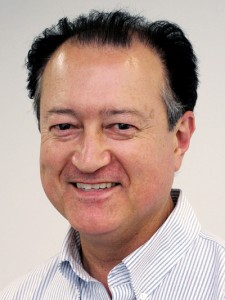INTO THE NEXT STAGE: Hapa Documentaries — Twin Takes on Similar SubjectPosted in Articles, Arts, Asian Diaspora, History, Media Archive, United States on 2017-03-29 15:12Z by Steven |
INTO THE NEXT STAGE: Hapa Documentaries — Twin Takes on Similar Subject
The Rafu Shimpo: Los Angeles Japanese Daily News
2017-03-16
George Toshio Johnston
As part of last month’s Hapa Japan Festival 2017 was a screening of a pair of documentaries I was very interested in viewing: “Fall Seven Times, Get Up Eight: The Japanese War Brides” and “Rising Sun, Rising Soul.”
Both screened Thursday, Feb. 23, in Little Tokyo at the Japanese American National Museum’s Tateuchi Democracy Forum, with filmmakers from each in attendance to speak about the respective documentaries afterwards and to take audience questions.
While different in emphasis, both “Fall Seven Times” and “Rising Sun” had at their respective cores a shared source, namely the so-called Japanese war bride phenomenon that occurred following Japan’s defeat after World War II.
It was during that post-war occupation period when thousands upon thousands of U.S. military personnel from all branches of the Armed Forces, as well as civil service employees, went to Japan and Okinawa, the latter of which was a quasi-U.S. military colony that didn’t regain Japanese prefectural status until 1972…
…In today’s environment, when no one in California, the West Coast or big cities pauses when seeing a mixed-race couple in which one of the two is an Asian, these two documentaries do underscore what a big deal the Japanese war bride phenomenon really was…
Read the entire article here.

